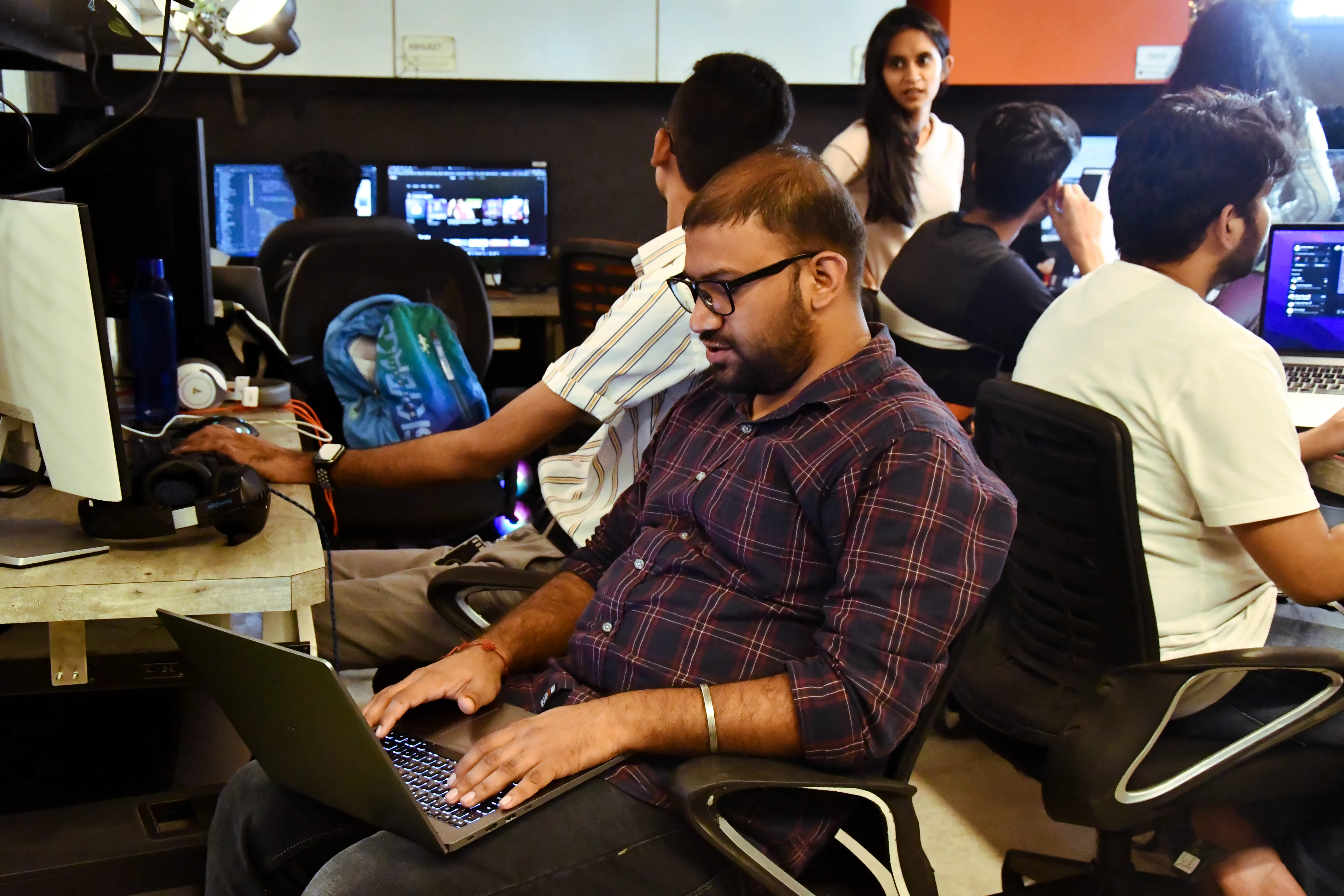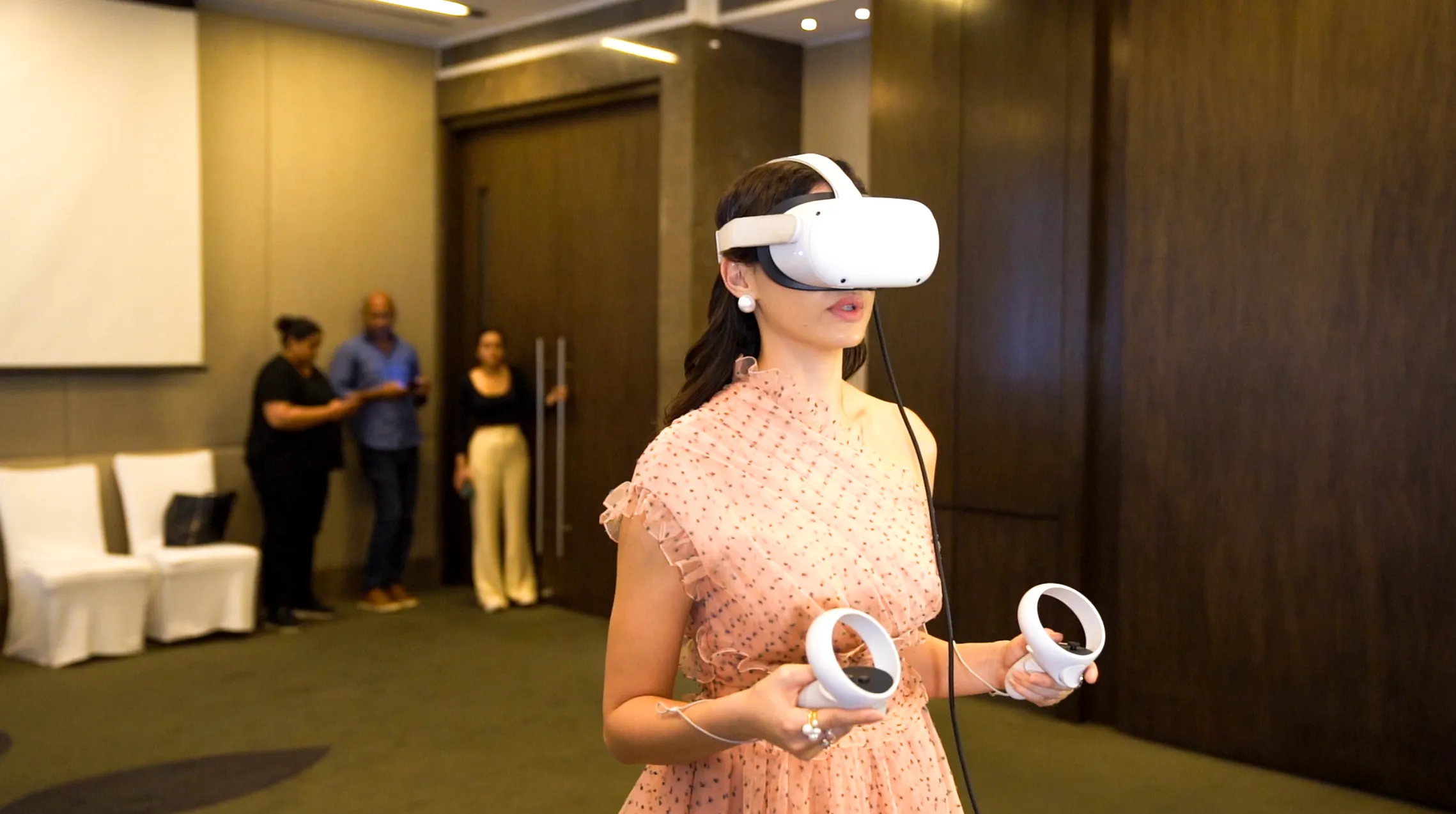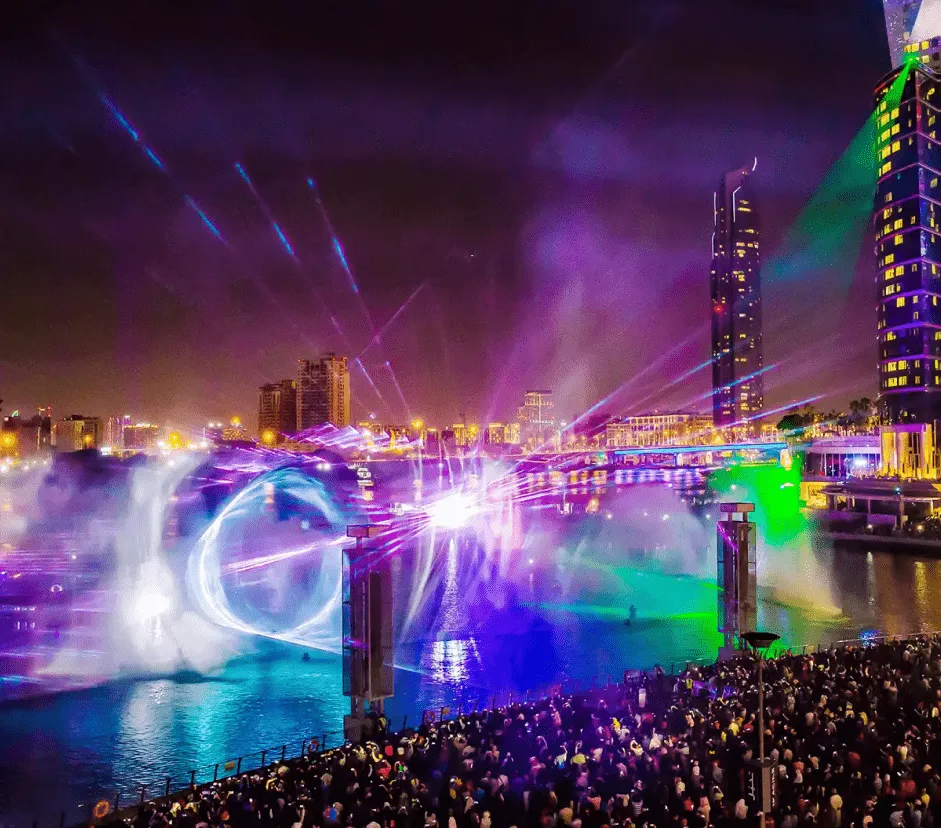VR for Live Sports & Entertainment: Enhancing Fan Engagement

Virtual reality has fundamentally changed the relationship between audiences and live events. Geographic constraints no longer dictate who can experience premium sporting moments or major entertainment productions. The technology has matured beyond experimental phases into proven commercial applications that deliver measurable engagement metrics and new revenue channels.
360-Degree Immersion Replaces Passive Viewing
VR headsets place viewers inside the action, not in front of it. The difference is substantial. Fans access panoramic views that traditional broadcasts cannot provide—courtside intensity during basketball games, driver-perspective during racing events, stage-level access at concerts.
This shift from observation to participation changes consumption patterns. Viewers control their vantage points. They move between perspectives in real-time. The technology responds to individual preferences rather than forcing a single directorial vision onto millions of viewers.
Stadium atmospheres translate into virtual environments with surprising fidelity. Sound design, spatial positioning, and visual density combine to replicate the sensory experience of physical attendance. The technology doesn't attempt to replace in-person events. It creates a distinct middle tier between television broadcasts and stadium tickets.

Direct Access Eliminates Traditional Barriers
Virtual meet-and-greets with athletes and performers now operate at scale. Q&A sessions, virtual cheering sections, and fan communities form inside these digital environments without geographic limitations. The barriers between talent and audience have compressed significantly.
Real-time data overlays add depth to viewing experiences. Formula 1 and NHL implementations demonstrate this effectively—vehicle speeds, player biometrics, performance metrics appear contextually during broadcasts. Augmented reality layers transform passive consumption into information-rich experiences.
The commercial infrastructure supports direct transactions within virtual environments. Merchandise purchases, exclusive digital content, and premium access upgrades occur without disrupting the viewing experience. The friction between interest and purchase has decreased substantially.

Broadcasting Models Adapt to Viewer Control
Major leagues now offer VR formats for select games. The NBA and English Premier League recognize this technology as a legitimate distribution channel, not an experimental add-on. Research indicates more than half of sports fans would consider purchasing virtual front-row experiences.
Customization drives adoption rates. Viewers select camera angles, commentary teams, and viewing contexts based on personal preferences. The one-size-fits-all broadcast model doesn't align with current audience expectations. VR addresses this gap directly.
Production teams at organizations like Ink In Caps build these experiences from technical and creative foundations simultaneously. The work requires expertise in spatial audio design, 360-degree cinematography, real-time rendering, and interface design that doesn't obstruct immersive content. Each technical decision impacts the perceived quality of presence.

Revenue Streams Expand Beyond Traditional Advertising
Sponsorship integrations within VR environments generate returns that justify production investments. Virtual stadium experiences, premium seat upgrades, and exclusive content access create new monetization pathways. Digital collectibles tied to specific events or moments add another layer.
Ticketing platforms powered by VR and AR technologies change the purchasing experience. Fans preview exact seat views, access VIP offers contextually, and make informed decisions about upgrades. The technology reduces purchase hesitation by eliminating uncertainty about what they're buying.
Rights holders recognize the long-term value. Virtual events don't face capacity constraints. A single production can serve unlimited viewers without degrading the experience quality. The economics shift favorably once initial production infrastructure exists.
Technical Integration Requires Strategic Planning
Building effective VR experiences demands expertise across multiple disciplines. Motion capture, real-time data integration, spatial computing, and user interface design must work cohesively. Poor execution in any area compromises the entire experience.
Architectural visualization techniques from fields like retail design and experience centers translate directly to virtual sports venues. The same principles that create compelling physical spaces—sightlines, flow, focal points—apply to digital environments. Technical capability alone doesn't guarantee engagement.
Organizations that successfully deploy VR treat it as a serious production discipline, not a marketing gimmick. They invest in proper capture equipment, experienced technical teams, and iterative testing with actual users. The difference between amateur and professional VR implementations is immediately apparent to viewers.
Balancing Innovation Against Authentic Experience
Critics raise valid concerns about whether headset-based viewing disconnects fans from communal energy. The question matters for organizations considering long-term strategies. Live attendance generates atmosphere that broadcasts capture but don't create.
The most effective implementations complement rather than compete with physical attendance. They serve audiences who cannot attend in person—whether due to distance, cost, or availability. They extend brand reach without cannibalizing ticket sales.
Ink In Caps approaches these projects by understanding both the technical requirements and the experiential goals. The work sits at the intersection of MarTech capability and immersive design principles. Each implementation requires custom solutions based on specific audience needs, content types, and commercial objectives.
Virtual reality has moved past proof-of-concept into operational deployment. Organizations looking to differentiate their fan engagement strategies should examine current implementations, understand production requirements, and identify where these technologies serve their specific audience needs. The competitive advantage exists in execution quality, not simply in technology adoption.
Contact Us Now:






.CNhas5IL_ZqBJiz.webp)


















